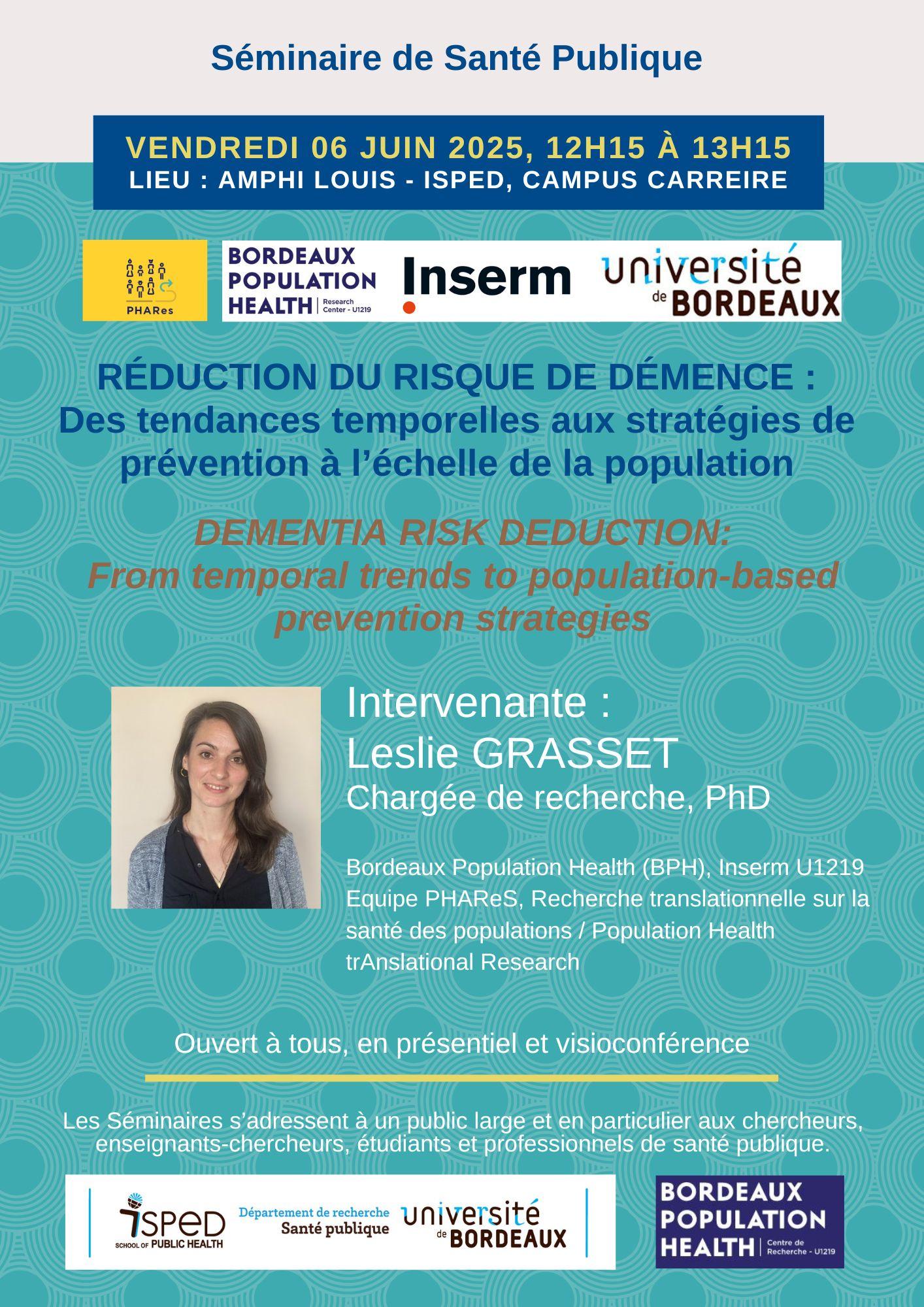
PHARes
Population Health trAnslational Research

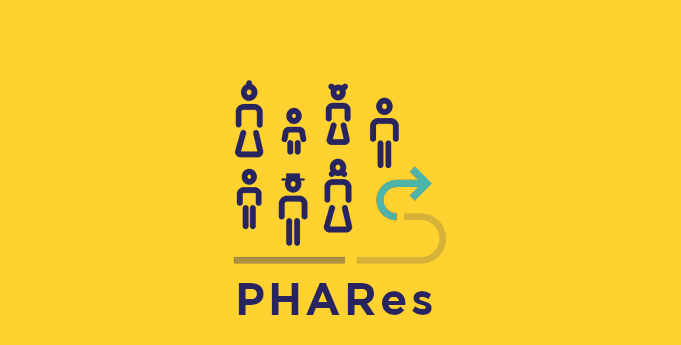
Details
Université de Bordeaux, ISPED case 11
146 rue Léo-Saignat
33076 BORDEAUX cedex
Objectives
The PHARes Team aims to improve our understanding of and act upon the greatest risks and threats to population health, representing a large share of morbidity and mortality as well as social determinants of health and healthcare expenditure.
Through this translational approach, We seek to reduce, the impact of these risks and treats (taking into account social and environmental inequalities, including inequalities in access to healthcare) by:
- Improving risks factors and inequalities measurement with real-world data and methods developed for and applied to observational studies and thus providing the evidence based for a critical building block for action.
- Developing innovative methods (observational and experimental) for the development and evaluation of complex population health interventions.
- Analysing of social and political processes underlying the unequal distribution of risks and health inequities in order to influence decision-making.
Research axis
The team works on five topics
1. Methods for population health intervention research (Linda Cambon)
This topic involves conducting research on research (meta-research) on concepts and methods for the evaluation of prevention and health promotion interventions. The questions cover all stages of the approach, from the development to the scaling up of an intervention,
2. Social determinants, migrations dynamics, environment & health (Stéphanie Vandentorren, Laurence Kotobi).
This research theme relies on a strong interdisciplinary convergence on the cross-cutting themes of social inequalities, deprived populations, environmental risks and their relation to population health and health inequalities. Our research questions address the following issues:
- Social determinants of maternal, child, sexual & reproductive health among vulnerable populations
- Health status and healthcare access of vulnerable populations.
- Innovative approaches to advance health and health equity in decision-making processes at territorial level.
2024 key publications
Bas A-C, Wittwer J. How competition play a role in dental pricing? A study on French medico-administrative and tax reports dataset. Health Policy. 2024;149:105149. https://doi.org/10.1016/j.healthpol.2024.105149
Beduchaud L, Celingant E, Faure C, Meunier M, Blanco-Cazeaux I. Do international medical graduates’ recruitment policies help to overcome healthcare shortage areas in developed countries? A systematic review. Health Policy. 2024;150:105190. https://doi.org/10.1016/j.healthpol.2024.105190
Bouteloup V, Pellegrin I, Dubois B, Chene G, Planche V, Dufouil C. Explaining the Variability of Alzheimer Disease Fluid Biomarker Concentrations in Memory Clinic Patients Without Dementia. Neurology. 2024;102(8):e209219. https://doi.org/10.1212/wnl.0000000000209219
Brugailleres P, Deguen S, Lioret S, Haidar S, Delamaire C, Counil E, Vandentorren S. Maternal employment characteristics as a structural social determinant of breastfeeding after return to work in the European Region: a scoping review. Int Breastfeed J. 2024;19(1):38. https://doi.org/10.1186/s13006-024-00643-y
Francis-Oliviero F, Constantinou P, Haneef R, Schwarzinger M, Gallay A, Rachas A, Alla F. The health state of France before COVID-19 pandemic between 1990 and 2019: an analysis of the Global Burden of Disease study 2019. Lancet Reg Health Eur. 2024;39:100848. https://doi.org/10.1016/j.lanepe.2024.100848
Gedeon Achi F. Quand il faut qualifier le contexte : sur la généralisation dans les pratiques de développement. Mondes en développement. 2024;207(3):13-30. https://doi.org/10.3917/med.207.0013
Grasset L, Bouteloup V, Cacciamani F, Pellegrin I, Planche V, Chene G, Dufouil C, Memento study group. Associations Between Blood-Based Biomarkers and Cognitive and Functional Trajectories Among Participants of the MEMENTO Cohort. Neurology. 2024;102(9):e209307. https://doi.org/10.1212/wnl.0000000000209307
Haidar S, Richard E, Vaux S, Allaire C, Castor C, Levy Bruhl D, Mondeilh A, Vandentorren S. Factors associated with vaccine adherence among an underserved population: the adult Travellers in Nouvelle-Aquitaine, France. Eur J Public Health. 2024;34(1):163-9. https://doi.org/10.1093/eurpub/ckad203
Lesaine E, Francis F, Domecq S, Miganeh-Hadi S, Sevin F, Sibon I, Rouanet F, Pradeau C, Coste P, Cetran L, Vandentorren S, Saillour F. Social and clinical vulnerability in stroke and STEMI management during the COVID-19 pandemic: a registry-based study. BMJ Open. 2024;14(1):e073933. https://doi.org/10.1136/bmjopen-2023-073933
Schwarzinger M, Ferreira-Borges C, Neufeld M, Alla F, Rehm J. Alcohol rehabilitation and cancer risk: a nationwide hospital cohort study in France. Lancet Public Health. 2024;9(7):e461-e9. https://doi.org/10.1016/S2468-2667(24)00107-5
Last News


A blood test to diagnose Alzheimer's disease? - 3 questions to Vincent Bouteloup
Major publication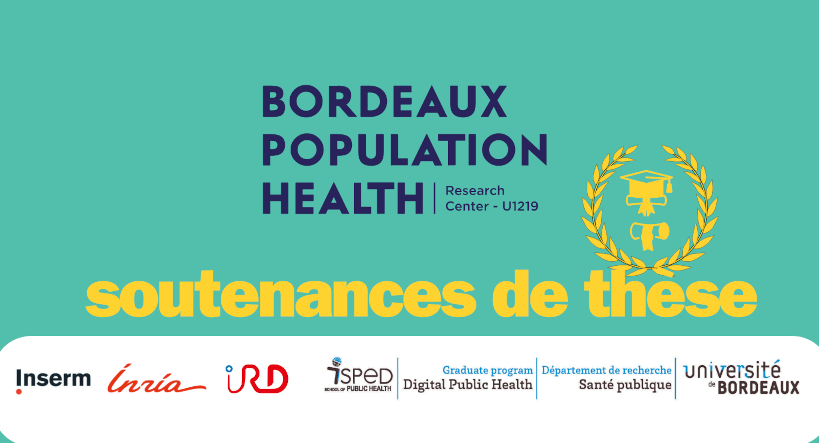
THESE DEFENSE : Sandrine BOURGUIGNON
Events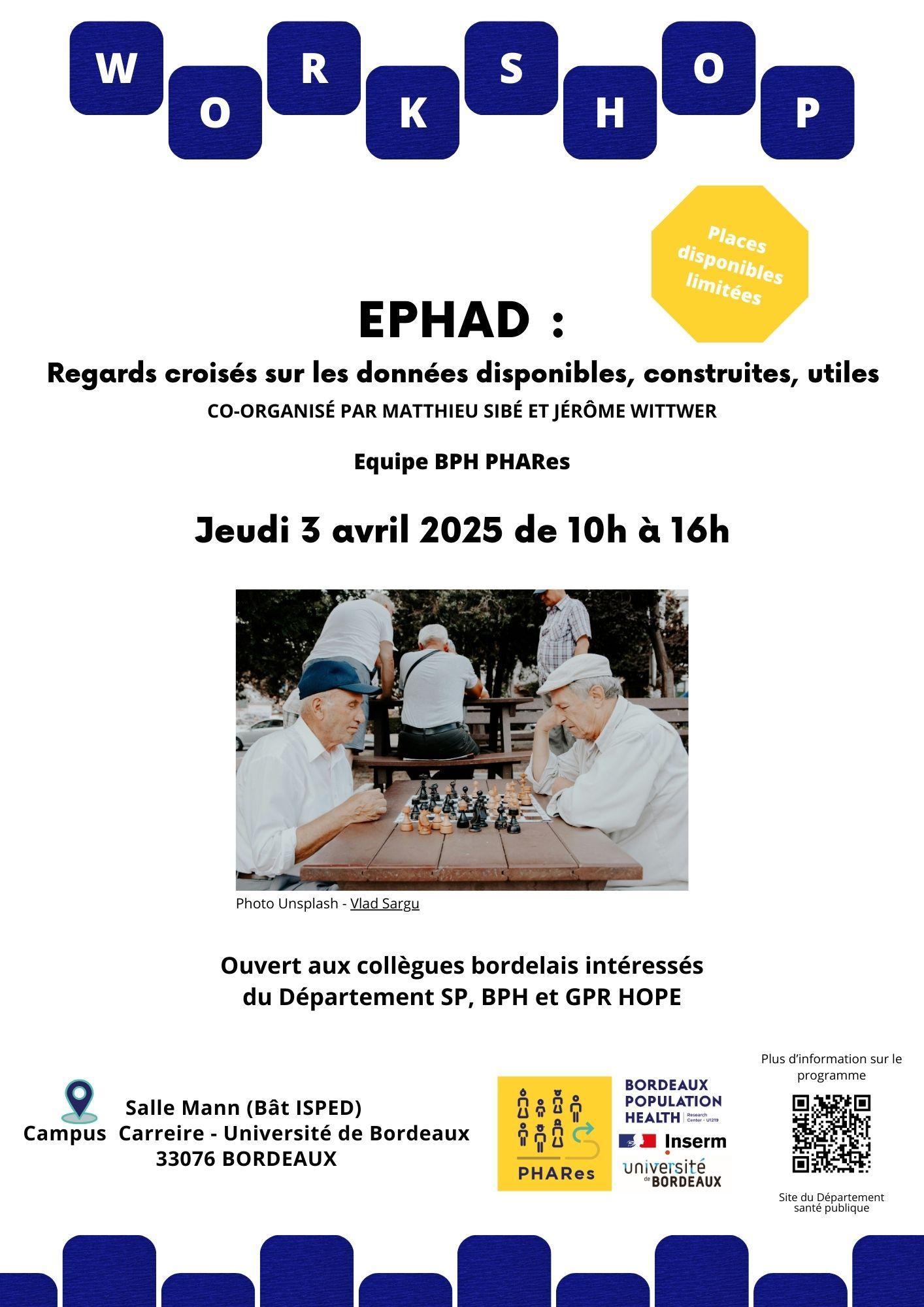
PUBLIC HEALTH SEMINAR : REGARDS CROISES SUR LES DONNEES DISPONIBLES, CONSTRUITES, UTILES
Seminars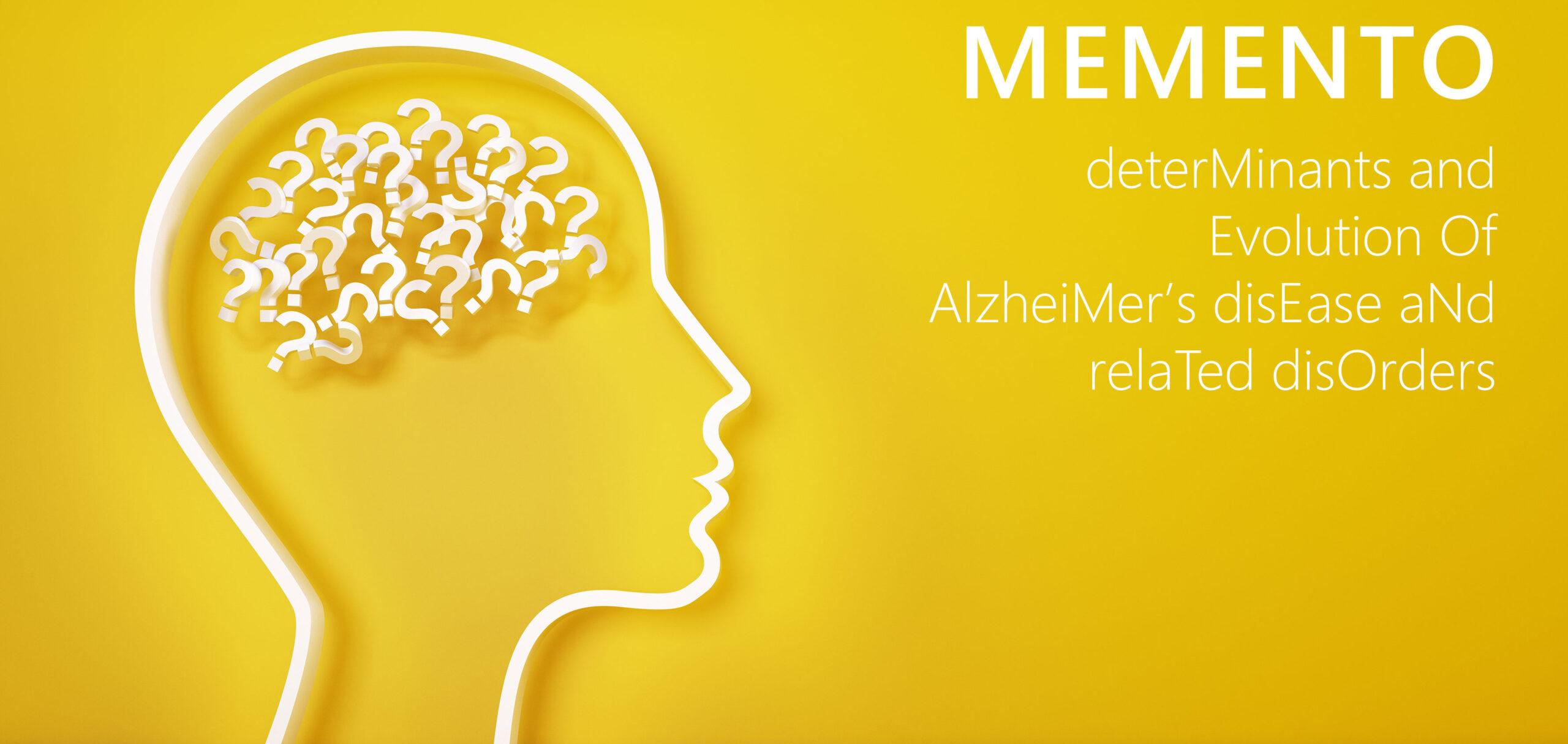
New developments in the early detection of Alzheimer's disease
Press
Launch of Orchidée project funded by EU4HEALTH programme
New project
Recruitment of Leslie Grasset for the inserm CRCN competition (CSS6)
Nominations
In October 2024, the PHARes team at the BPH launched the Orchidée project. With the participation of national university hospital centres, the Health Data Hub, the University of Bordeaux and the School of Advanced Studies in Public Health, the aim is to anticipate future health challenges, strengthen disease prevention and epidemiological vigilance in France, while developing digital technology to serve health systems
New project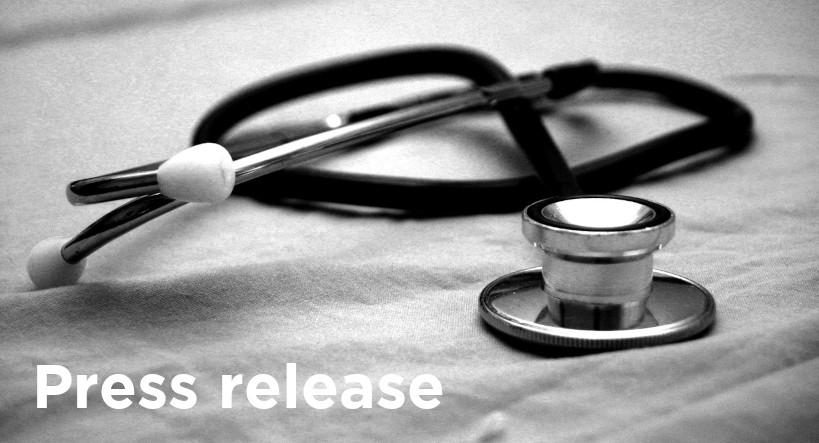
A study into the state of French health before the Covid-19 pandemic is a key step towards a better understanding of its impact.
Press
Creation of SO-RISP, a national network dedicated to intervention research in population health, particularly in the fields of cancer and addiction prevention.
News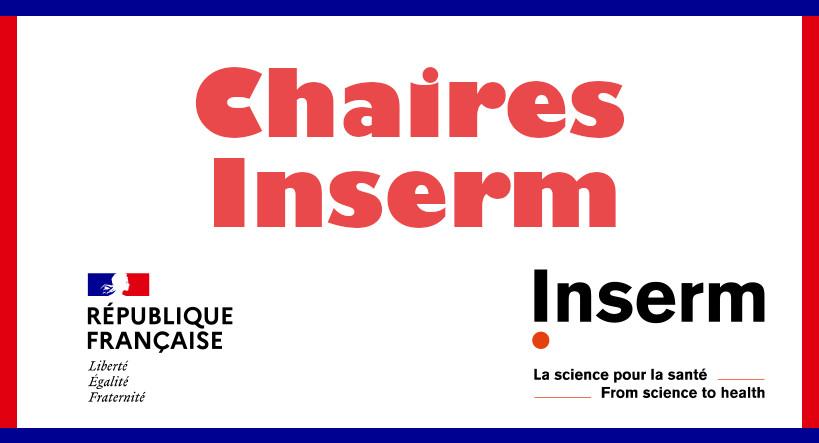
Join the PHARes team of BPH research center on a junior professorship position on prevention of chronic diseases
Job & careersMembers
AktasMelek
DoctoranteAllaFrançois
AromatarioOlivier
Ingénieur de rechercheBennavides OcampoMarcela
BikouraneNabil
Blanco-CazeauxIñaki
Doctorant contractuelBouteloupVincent
PharmD, MScBurtinAdrianna
Pharmacien de santé publiqueCAMBONLinda
Enseignante - chercheuse, Professeur titulaire Chaire Prévention de l'ISPEDClouetHéloïse
Assistante de gestion administrative et financièreColombaniFrançoise
PH Santé publique et médecine sociale - DoctoranteCRASSOUS Agnès
Doctorante contractuelleDOHOUKPEEddy
EpidémiologisteDomecqSandrine
Chargée d’études Statistiques, Qualité et RisquesDufouilCarole
Research directorEnoufValerie
Gestionnaire administrative et financièreFischerTom
DoctorantFournierSabrina
Ingénieur d'étudesGAGNOU-SAVATIEREmmanuelle
Gedeon AchiFiona
Maîtresse de conférences en anthropologieGILLOZNora
Chargée de projet ORCHIDEEGrassetLeslie
Post DoctoranteGuichanéJean-Pierre
PAST (Maitre de conférence associé en gestion)HessamfarMojgan
JOSEPHJean-Philippe
Directeur du Département de médecine généraleKervranCharlotte
PhD, Research IngeneerKotobiLaurence
KrierDamien
Doctoral studentLamarqueSophie
AssistanteLe ScouarnecLisa
Épidémiologiste - BiostatisticienneLesaineEmilie
Médecin de santé publiqueMenierLauralee
Attachée de recherche cliniqueMoussaouiSohela
PetitSolene
Chargée d'études statistiquesQuélierChristine
Maitre de Conférences associéeRivadeneyra-SiciliaAna
Enseignante chercheuse associéeROSELYMaëva
BiostatisticienneSaillour-GlenissonFlorence
Praticien HospitalierSambouCésarine
Ingénieure de rechercheSchwarzingerMichaël
MD, PhD - Médecin de santé publiqueSibéMatthieu
Maître de conférences en sciences de gestionVandentorrenStephanie
VerpillotElise
Maitre de conférences en sciences EconomiquesVillemurAnne-Laure
WallerichLouise
Ingénieure d'étude - DoctoranteWittwerJerome
YOSHIGAIMegumi
Post Doctorante



